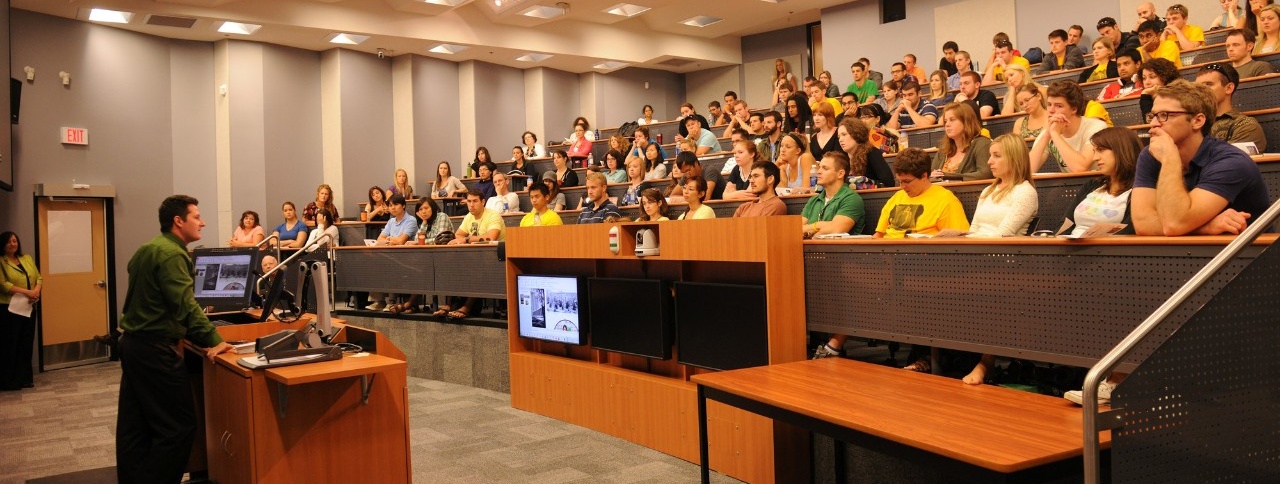As part of the application process, Dalhousie asks applicants "Do you have a criminal record?, If yes, explain fully" The purpose of this section in the application form is primarily to determine if the criminal record is likely to impact the individual's ability to complete medical school.
A medical student with a criminal record may face several challenges and limitations during their education and career, due to legal, ethical, and institutional concerns. Here are some ways in which a criminal record can impact a medical student's journey:
- Background Checks: Medical Schools, hospitals, and clinical settings often conduct comprehensive background checks on students. Upon receipt of an offer, students are required to submit a criminal record check and vulnerable sector check. Dalhousie then provides details of any checks not coming back clear to each health authority/facility where a student will be training. The health authority/facility then determines if the student can train in their facility.
- Licensing and Certification: Provincial licensing bodies (like the College of Physicians and Surgeons of Nova Scotia) require students and physicians to disclose any criminal history as part of the licensing process. A positive criminal record can complicate or delay the licensing process. In some cases, it can lead to the denial of a license, suspension of a license, or revocation of a license.
- Clinical Rotations and Internships: Medical students need to complete clinical rotations in hospitals and other healthcare facilities in order to complete medical training.
Having a criminal record does not automatically preclude an individual from gaining admission to Dalhousie’s medical school. Rather, each applicant’s disclosure of a criminal record is reviewed on a case-by-case basis. Typically, this review includes looking at the nature of the offense, how much time has passed since the incident, whether a record suspension (previously known as pardon) has been sought, and any evidence of rehabilitation before making decisions that has been shared. Transparency, honesty, and demonstrating personal growth and accountability are also generally considered.
